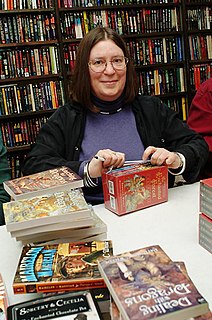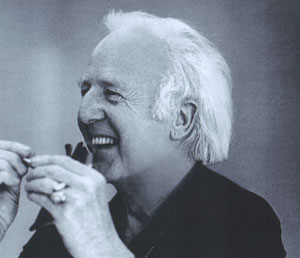A Quote by J. Paul Getty
Some of our newspapers and magazines are more concerned with the welfare of their advertisers than they are with the dissemination of news and the discussion of matters of lasting importance. ...Radio, television, motion pictures, popular books - all contribute...to...the stifling of dissent on all but the most banal levels. ...a renunciation of the most basic and precious of democratic principles.
Quote Topics
Advertisers
Banal
Basic
Books
Concerned
Contribute
Democratic
Discussion
Dissemination
Dissent
Importance
Lasting
Levels
Magazines
Matters
More
Most
Motion
Motion Picture
Motion Pictures
News
Newspapers
Our
Pictures
Popular
Popular Book
Precious
Principles
Radio
Renunciation
Some
Stifling
Television
Than
Welfare
Related Quotes
[T]here may be some truth in that if the Arabs have some complaints about my policy towards Israel, they have to realize that the Jews in the U. S. control the entire information and propaganda machine, the large newspapers, the motion pictures, radio and television, and the big companies, and there is a force that we have to take into consideration.
The men who are not interested in philosophy need it most urgently: they are most helplessly in its power. The men who are not interested in philosophy absorb its principles from the cultural atmosphere around them-from schools, colleges, books, magazines, newspapers, movies, television, etc. Who sets the tone of a culture? A small handful of men: the philosophers. Others follow their lead, either by conviction or by default.
Our media, which is like a planetary nervous system, are far more sensitive to breakdowns than to breakthroughs. They filter out our creativity and successes, considering them less newsworthy than violence, war, and dissent. When we read newspapers and watch television news, we feel closer to a death in the social body than to an awakening.
Basic dance--and I should qualify the word basic--is primarily concerned with motion. So immediately you will say but the basketball player is concerned with motion. That is so--but he is not concerned with it primarily. His action is a means towards an end beyond motion. In basic dance the motion is its own end--that is, it is concerned with nothing beyond itself.
Books have survived television, radio, talking pictures, circulars (early magazines), dailies (early newspapers), Punch and Judy shows, and Shakespeare's plays. They have survived World War II, the Hundred Years' War, the Black Death, and the fall of the Roman Empire. They even survived the Dark Ages, when almost no one could read and each book had to be copied by hand. They aren't going to be killed off by the Internet.
Soundgarden was incredibly democratic, and I was really proud of that. I felt like we got along better than most bands we toured with and most people we knew. And at the same time, when you're that democratic and concerned with each other's opinions, you're always concerned with what the other people think.
To an ever greater extent out experience is governed by pictures, pictures in newspapers and magazines, on television and in the cinema. Next to these pictures firsthand experience begins to retreat, to seem more and more trivial. While it once seemed that pictures had the function of interpreting reality, it now seems they have usurped it. It therefore becomes imperative to understand the picture itself, not in order to uncover a lost reality, but to determine how a picture becomes a signifying structure of its own accord.


































